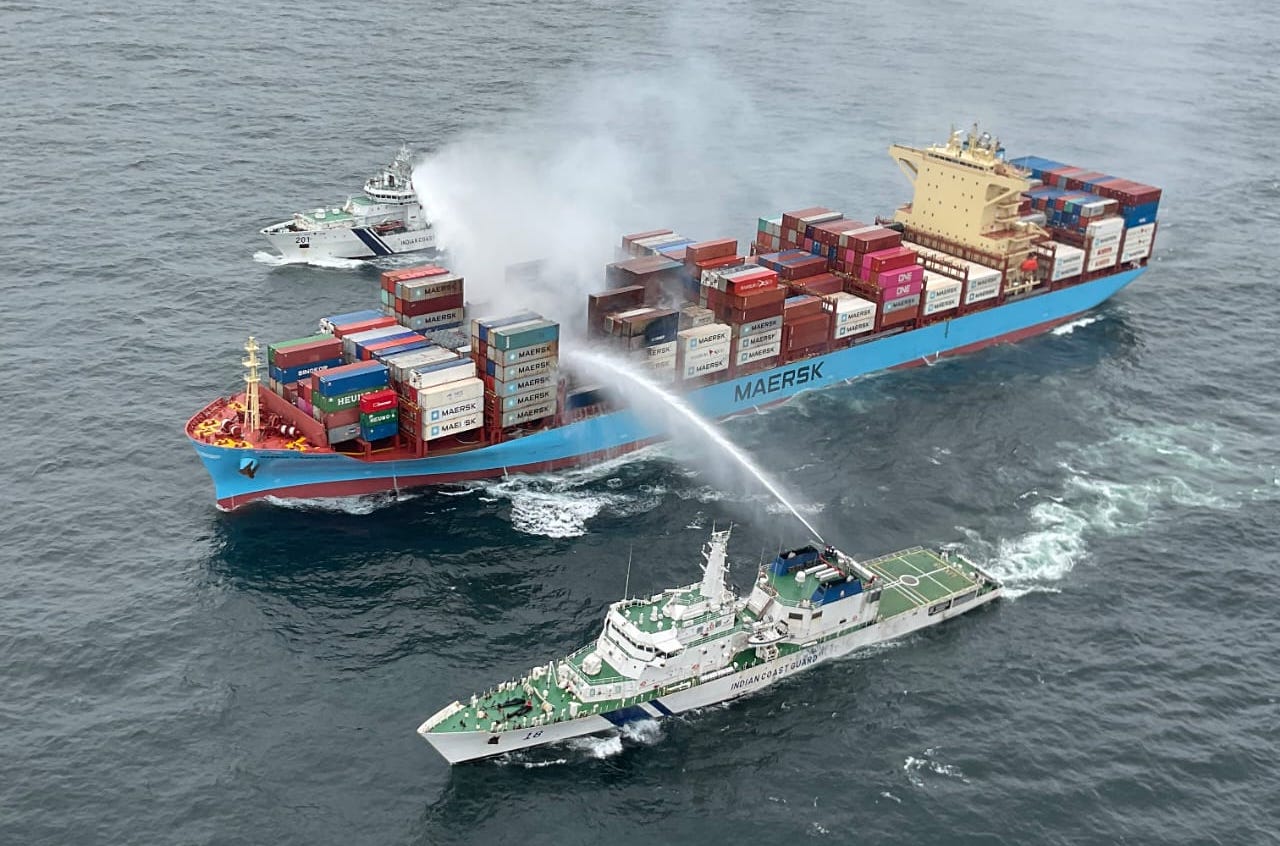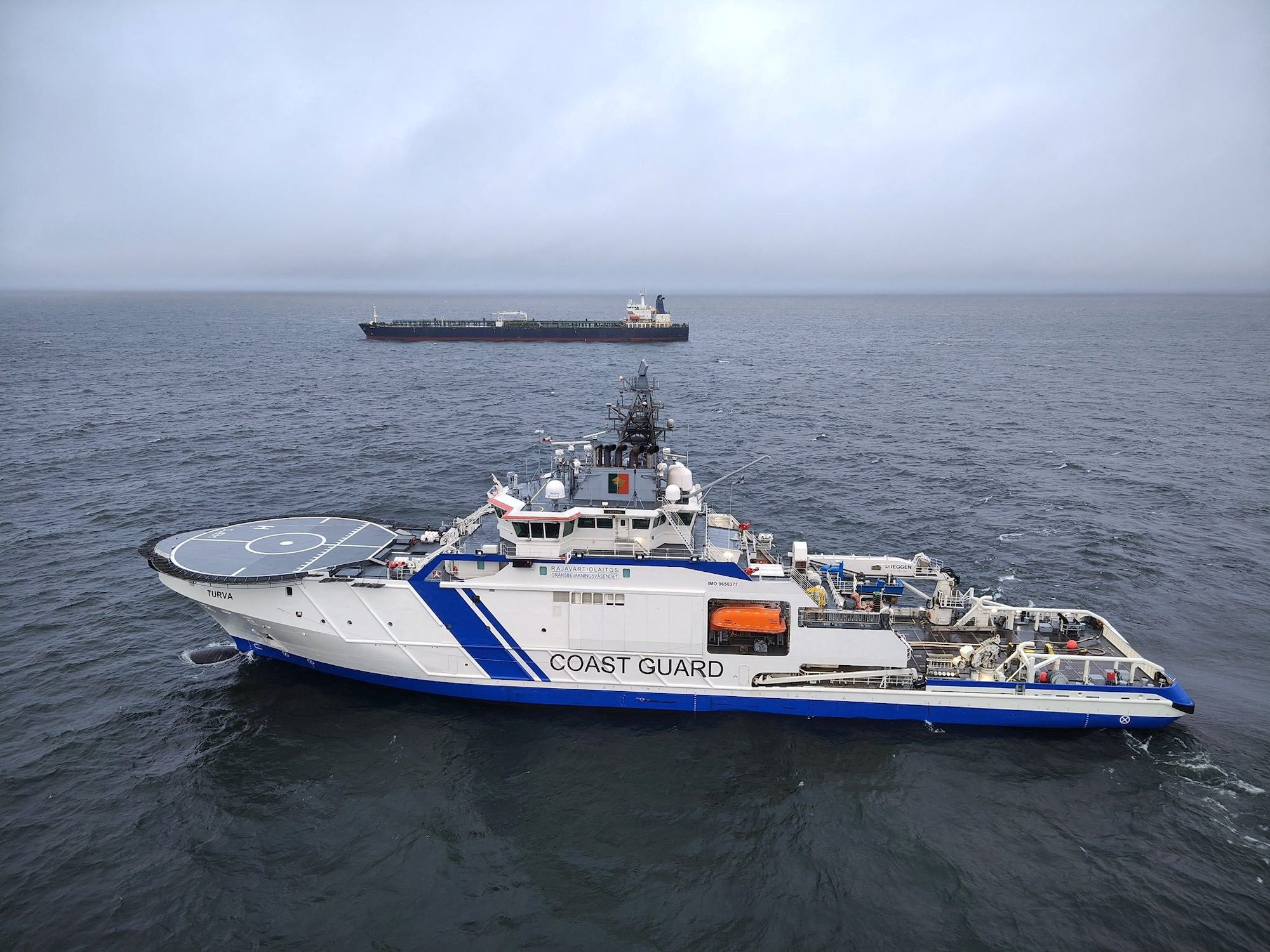By Jack Wittels (Bloomberg) —
The head of a major shipping company wants a carbon tax for his industry by 2025, and he’s confident his customers are willing to pay for it.
Making shipping pay for its pollution is vital if the industry wants to decarbonize by 2050, said Christian Ingerslev, chief executive officer of Maersk Tankers A/S, which manages the world’s largest fleet of vessels that haul oil products. Eliminating emissions before mid-century would give the sector a chance to align with the Paris Agreement’s goal of limiting global warming to 1.5 degrees Celsius from pre-industrial levels, according to a study.
A high carbon price could trigger a surge in the cost of marine fuel, the industry’s single biggest expense. A.P. Moller-Maersk A/S previously pitched a fee of $150 a ton for CO2, which would increase the cost of a common marine fuel in Rotterdam by about 75%, using current figures. Commodities giant Trafigura Group Pte suggested $250-$300 a ton.
Ingerslev said he doesn’t have a specific starting price in mind, but he wants it “high.” Even so, the effect will be insignificant because shipping — which transports more than 80% of goods traded globally — is still cheap, he said.
- “Transportation is a negligible cost relative to the products we consume,” Ingerslev said in an interview at the Global Maritime Forum’s Annual Summit last week
- Cost of transporting a ton of diesel or jet fuel by ship is less than 5% of cargo value
- Adding to the cost of ship fuel would only be part of this already-small amount
- Customers are willing to pay as long as they’re paying the same as everybody else
- Still, for some products, an additional shipping cost will be important
- “Will there be goods that will stop moving if we increase the price? Yes. And maybe they should”
- Said carbon levy is needed before 2030 to get technology in place
- NOTE: Aligning shipping’s decarbonization trajectory with the Paris Agreement requires 5% of the international marine-fuel mix to be zero emission by 2030, according to the Getting to Zero Coalition, a group of more than 150 firms
- Said green corridors are a good starting point for decarbonizing shipping
- Container ships would be first because routes are more fixed than for tankers or dry cargo
- NOTE: Green corridors are specific passages geared toward cutting emissions
- Said it is hard for tanker owners to order ships at the moment
- “If you buy a ship today and you get it wrong, you will either get a very large retrofit bill or your ship will be obsolete”
- On biofuels for shipping, he said they’re “not sustainable because we can’t scale”
- On LNG, cited World Bank report criticizing LNG
- NOTE: A global industry carbon tax would come from the International Maritime Organization, shipping’s regulator. Discussions are in the early stages. The IMO’s next major meeting on marine pollution is in late November.
© 2021 Bloomberg L.P.

 Join The Club
Join The Club










